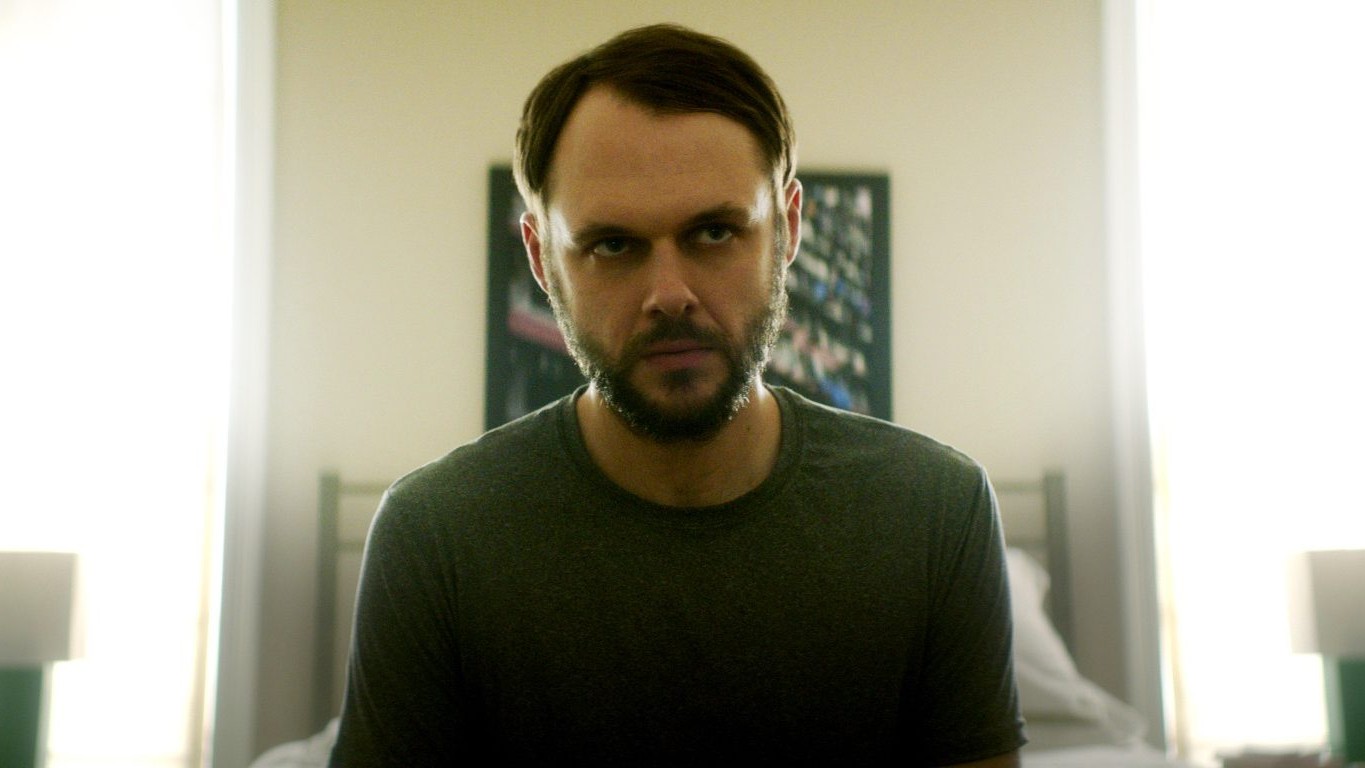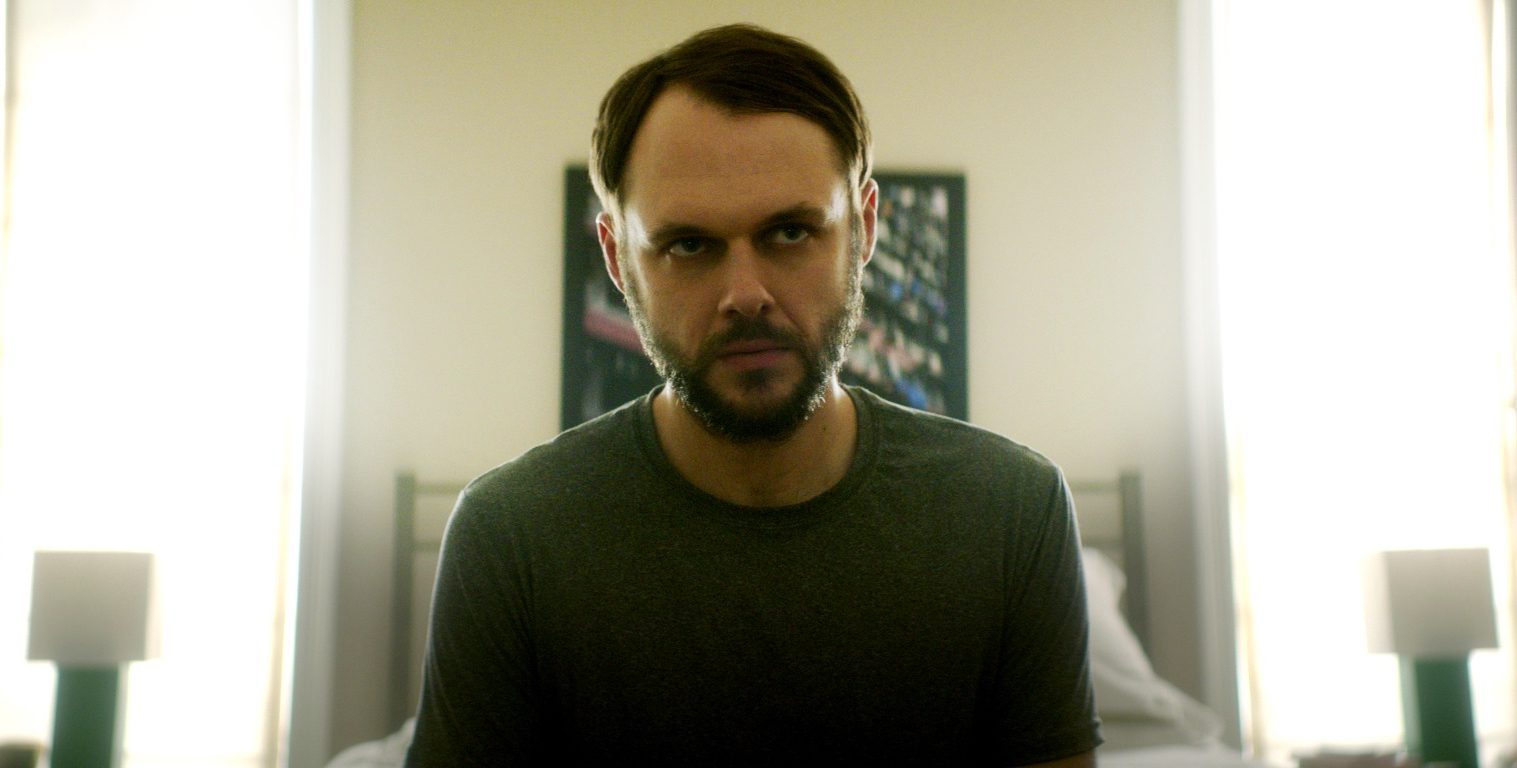An independent, low-budget horror/thriller is primarily judged by how well it can keep you on the edge of your seat.
Bonus points if it is able to make you forget that the film was made for a small fraction of the cost of what’s playing at your local AMC. The genre is a boom when done well, and entirely forgettable when not. Unfortunately, Camera Obscura falls into the latter camp.
Starting initially as a drama, the film follows Jack Zeller (Christopher Denham), a former war photographer, who struggles with PTSD. He is haunted by his past, taking photos of horrors without actually stepping in to help. His wife (Nadja Bobyleva) buys him a vintage camera and with her encouragement to get back into taking pictures, he books a basic photography gig to get him back on his feet. However, the camera has a mind of its own, turning out developed photos that feature deaths waiting to happen. In order to avoid tragedy, Jack finds himself trying to steer the camera away from showing the death of his loved ones. As it escalates, more people die and Jack goes further over the edge in an attempt to save people he loves.
There’s an immediate issue with the film’s premise that makes it impossible to suspend my disbelief. A present day, Middle East war photographer is using a film camera? It’s a tough, anachronistic sell considering the universal usage of digital in photojournalism for obvious practical reasons. It’s even harder to believe that he’d take a vintage camera to take corporate photos of a real estate development. Even letting this go, his photos come out on glossy, Walgreens style prints that look distractingly unprofessional. He goes to a “One Hour Photo” (another dubious plot element) to get them developed. We see them being developed in a brightly lit room. Even for someone who has never personally developed a film, it is widespread knowledge that photos are developed in a darkroom.
While this wouldn’t matter as much if the supernatural side of the story were effective, the film’s mythology is so implausible and confusing it’s hard to care.
These points may sound nit-picky, but every step of the way, Camera Obscura feels sloppy and poorly executed, making it impossible for me to overlook these fundamental mistakes in its foundation from which it is built. The movie’s handful of stilted supernatural sequences feel even more amateurish than if it had stayed grounded because they’re so poorly rendered. Even small components continually show a lack of attention to detail from the filmmakers. Take, for example, a news story on television has laughably bad graphics supposed to look like a news station. (For filmmakers out there, click here for a free template of an exponentially more realistic looking graphic than Camera Obscura sports). The fact that it’s so easy to point out these oversights constantly throughout the film is frustrating for me to watch as a viewer when there are similarly budgeted films that transcend their financial limitations. The one sequence that is supposed to take place in the Middle East features abysmally inaccurate production design (resembling my local grocery store more than a war zone) that again, I’m irritated at the lack of effort to immerse us in this story.
Maybe this is all tongue-in-cheek and self-aware? Catherine Curtin’s line about millennials indicates it could be, one of the few clear attempts at a laugh from the film. If that’s the case, the premise alone teeters on being offensive to war photographers and the great work that they do. War photography plays a vital role in capturing moments of anguish for the rest of the world to see, and here his backstory is continually handled with remiss. While this wouldn’t matter as much if the supernatural side of the story were effective, the film’s mythology is so implausible and confusing it’s hard to care. All of the originality is bogged down in confusion and overlooked details.
My respect for the challenges and tribulations of making a low-budget film remains steadfast, but when other contemporary films are able to pull off greatness, perhaps on even lower budgets than this film, it’s aggravating to see a movie that feels careless from start to finish.
“Camera Obscura” is not rated. 95 minutes. Opening this Friday at Arena Cinelounge Sunset, available on VOD Tuesday, June 13th.
H. Nelson Tracey
Nelson is a film director and editor from Denver based in Los Angeles. In addition to writing for Cinemacy, he has worked on multiple high profile documentaries and curates the YouTube channel "Hint of Film." You can check out more of his work at his website, hnelsontracey.com


